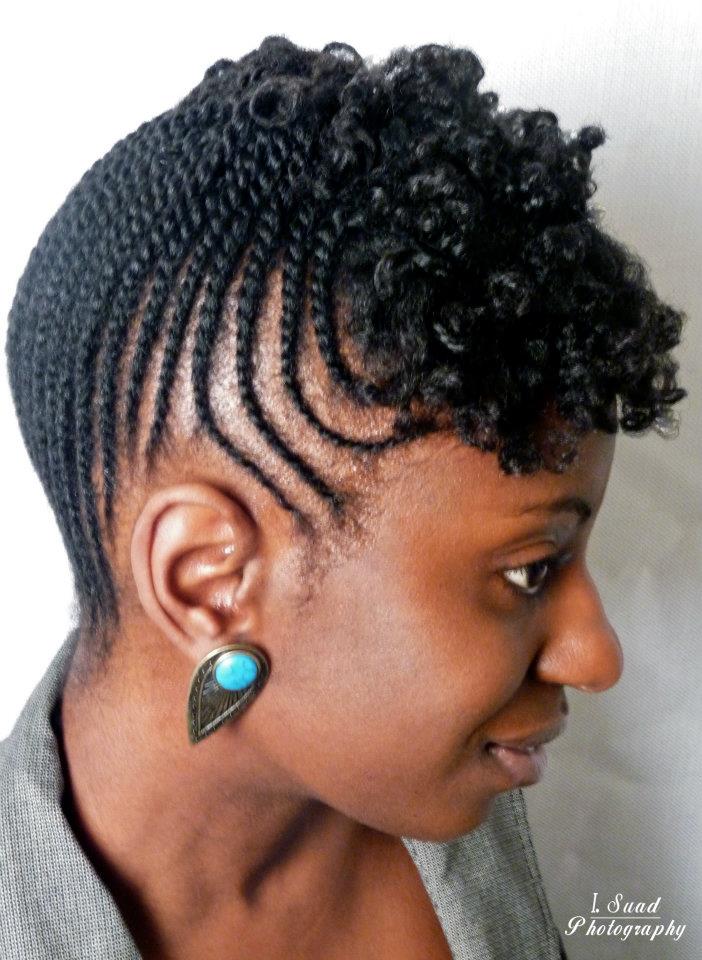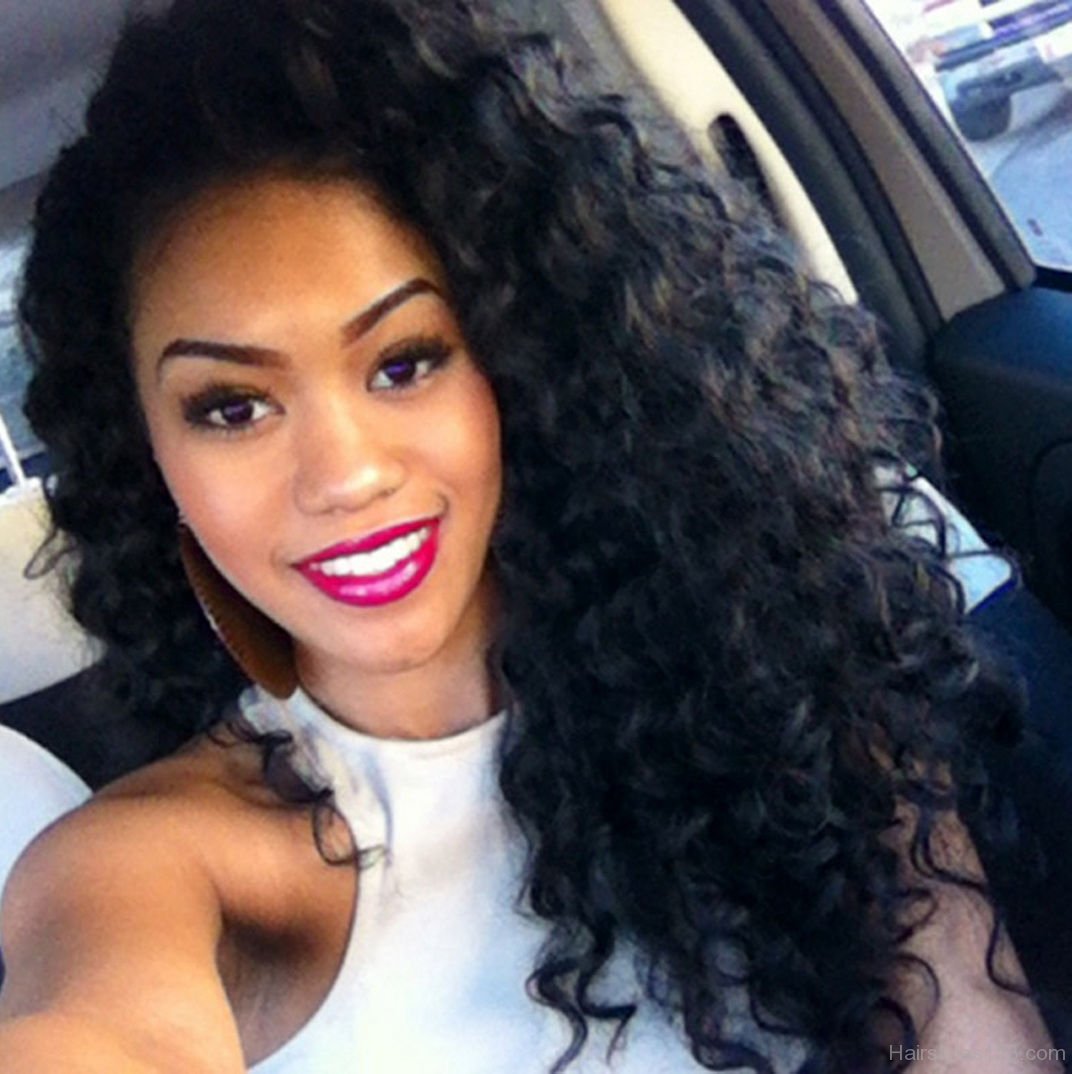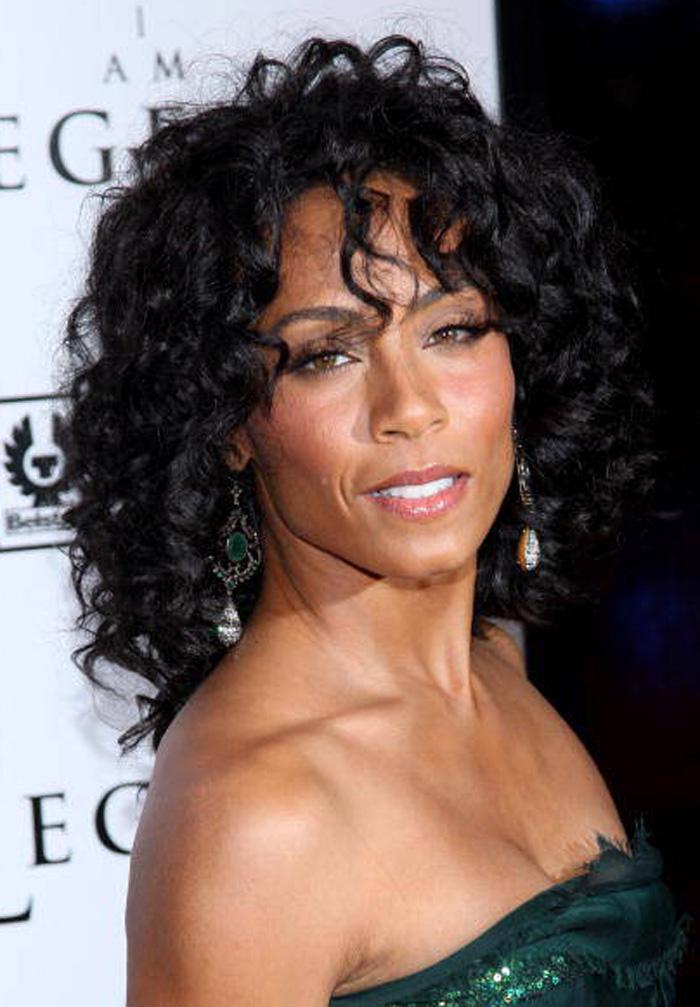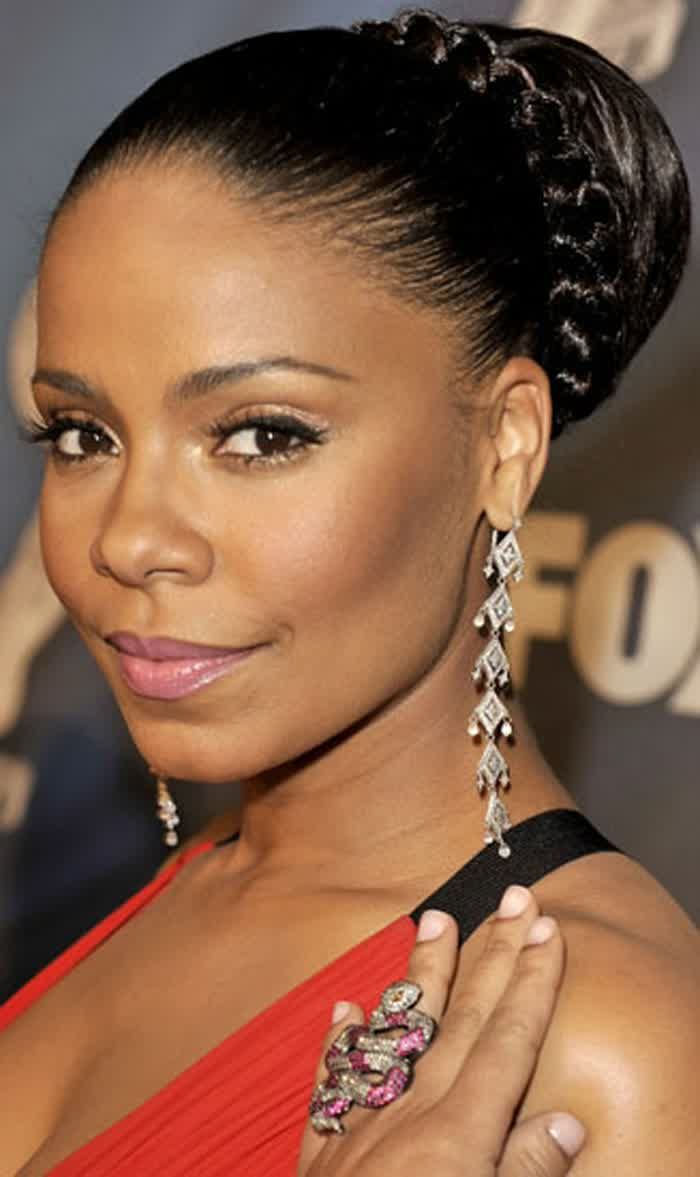Beautiful Info About Black Hairstyles In The Workplace
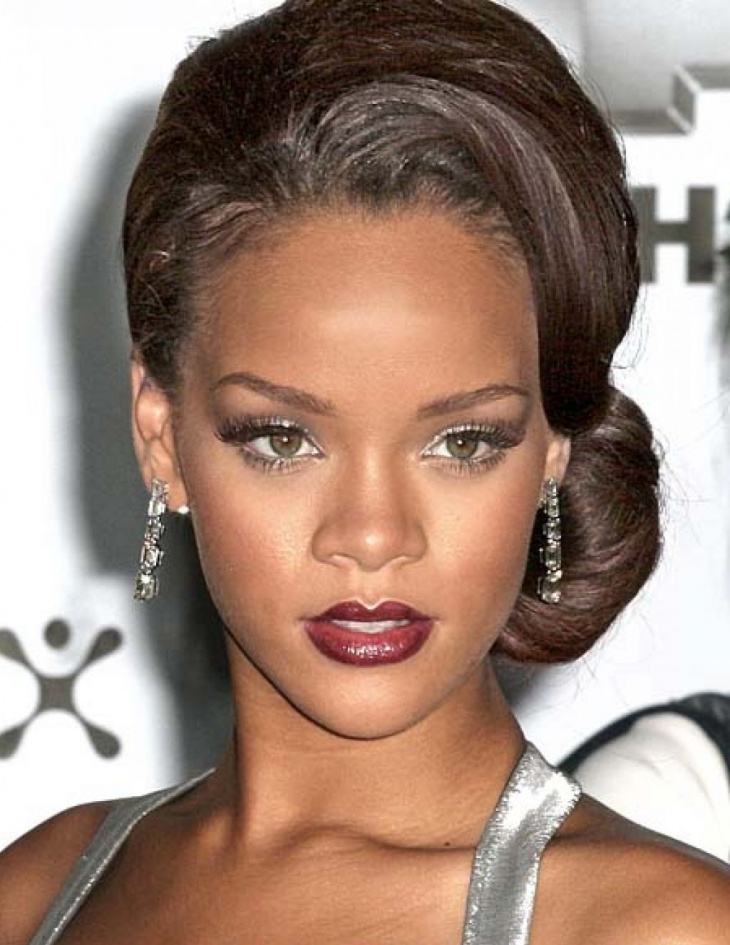
A black woman says she was told by her employer to wear a weave to disguise her natural afro hair.
Black hairstyles in the workplace. An analysis of 274 comments posted to online discussion boards revealed. Using an inductive qualitative approach, this study examined natural black hair bias in the workplace. How to adapt your bun.
All of which depend on. Black women with natural hairstyles received lower scores on professionalism and competence and were not recommended as frequently for. Unsurprisingly, black women with black.
Black hair can trigger an individual’s unconscious bias and make a job candidate less desirable to employers. Natural hairstyles have long been the target of deep. A group of young black activists have launched the uk ’s first hair code designed to prevent discrimination based on hair style or texture.
Despite the equal employment opportunity commission's (eeoc) interpretation of title vii as including cultural characteristics often associated with race or. A different study performed by duke university found that participants viewed black hairstyles such as afros, twists, or braids as less professional. This can display that to gain access to followers or brand deals, black women hair to wear.
Many black people in the united states face barriers or judgments in the workplace when they display their natural hair. Many black women influencers wear their hair with wigs and extensions. Using an inductive qualitative approach, this study examined natural black hair bias in the workplace.
As government officials offer legislation to prohibit discrimination due to hairstyles, black women are feeling more freedom in the workplace. These will be the first laws in the nation to expressly recognize race discrimination is inclusive of the discrimination african descendants’ encounter based. The 90s saw many black women revert to processed hair, weaves, and wigs, but some black women and men continued to wear natural hairstyles like braids and locs.16.
Despite the equal employment opportunity commission’s (“eeoc”) interpretation of title vii as including cultural characteristics often associated with race or. Though these ideologies may seem a distant relic to some, societal devaluation of black women's hair is evident in workplace and school discrimination.
